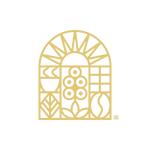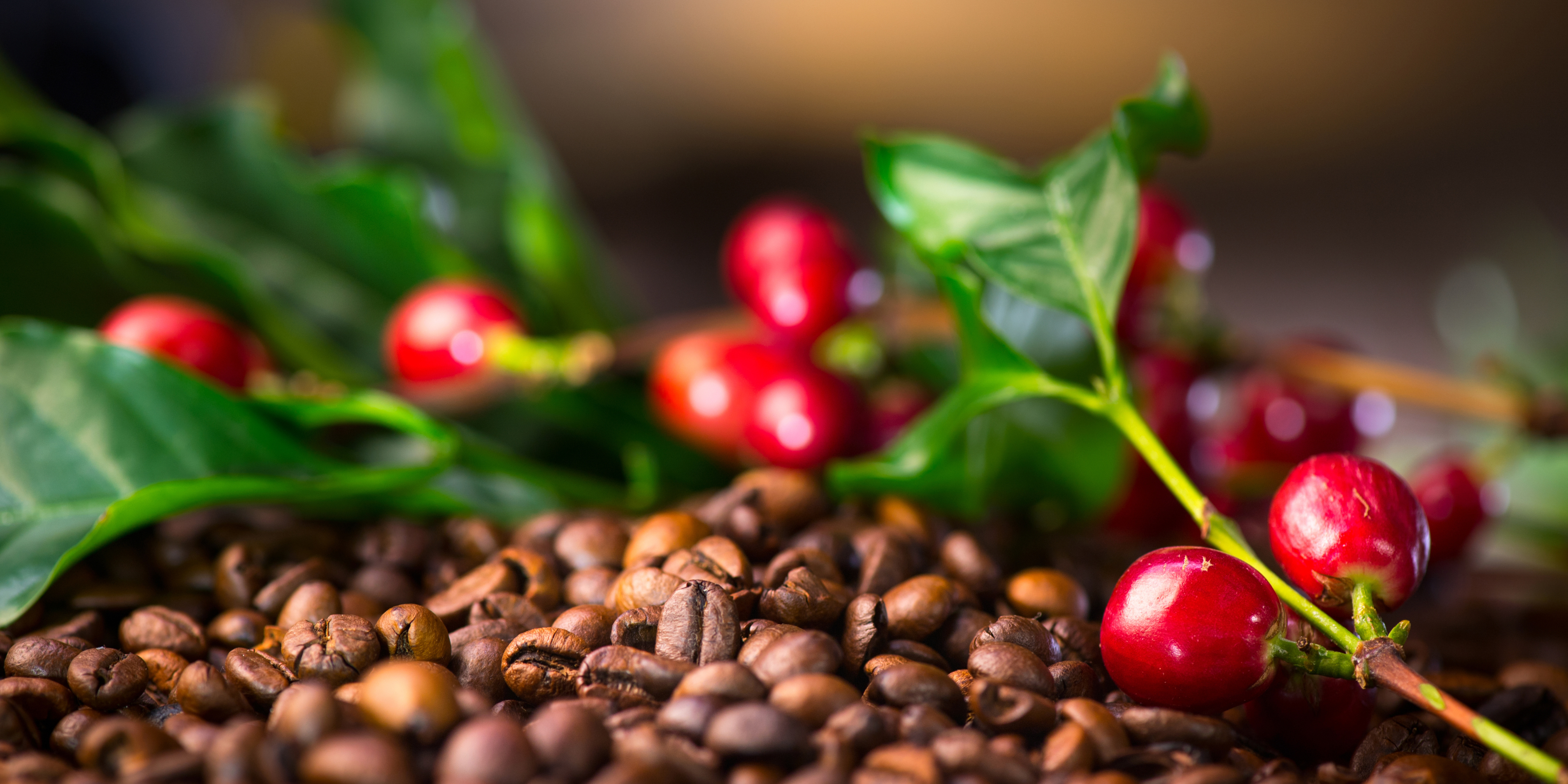Coffee Labels Decoded
What Terms Like "Organic", "Fair Trade", and "Direct Trade" Actually Mean
Coffee bags can be confusing.
Words like organic, fair trade, and shade-grown sound good—but what do they really mean?
Here’s how to decode coffee labels so you know what you’re buying.
1. Organic
-
Grown without synthetic fertilizers or pesticides
-
Certified by third parties like USDA Organic
-
Supports healthier soil and farming ecosystems
Why it matters:
Organic farming often protects both the environment and the workers.
2. Fair Trade
-
Ensures farmers are paid a minimum price
-
Certified by groups like Fairtrade International
-
Supports fair labor practices, better wages, and community development
Why it matters:
Fair trade helps smallholder farmers compete in a global market.
3. Direct Trade
-
Roasters buy straight from the farmers—no middlemen
-
Builds stronger relationships and often pays more than fair trade
-
Not a certification—depends on transparency and trust
Why it matters:
Direct trade supports quality and ethics without extra bureaucracy.
4. Shade-Grown
-
Coffee is grown under tree canopies instead of open sun
-
Helps protect biodiversity and bird habitats
-
Often leads to slower-growing beans with better flavor
Why it matters:
Good for the environment and often better for taste.
5. Rainforest Alliance / UTZ Certified
-
Focus on sustainable farming, environment, and social responsibility
-
Combines environmental protection with economic fairness
-
Certification includes audits and performance tracking
Why it matters:
Gives a more holistic view of sustainability than single-focus labels.
6. Roast Date vs. Best Before
-
Roast Date = when the coffee was roasted
-
Best Before = shelf-life, not freshness
Look for the roast date.
Freshness matters more than expiry.
Final Thoughts
Labels aren’t just marketing—they tell you how the coffee was grown, sourced, and traded.
But not all labels mean the same thing.
Want coffee you can trust?
Check the story behind each bag on notjustbeans.shop.

